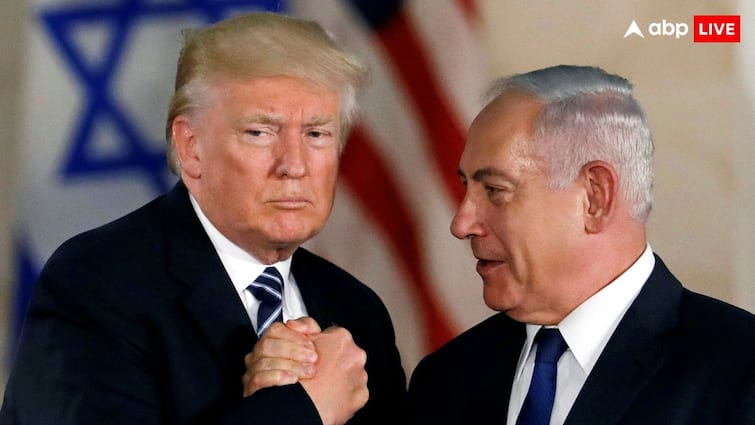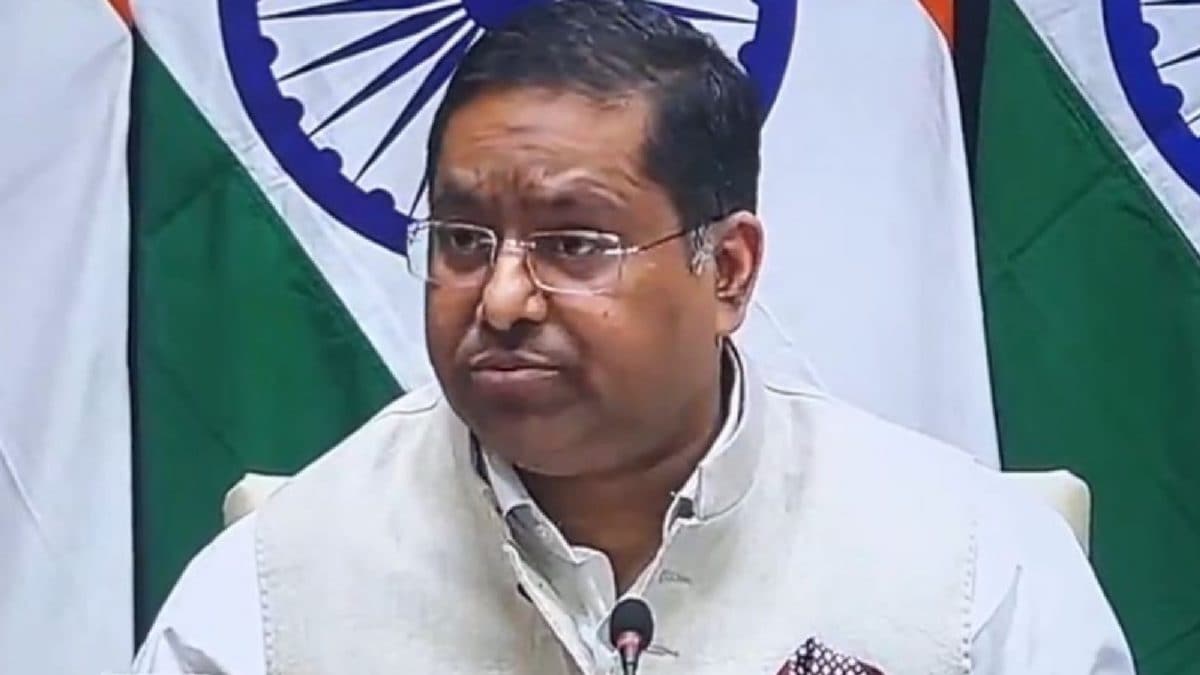US President Donald Trump reportedly erupted in anger at Israeli Prime Minister Benjamin Netanyahu after being blindsided by Israel’s surprise strike in Qatar earlier this month.
According to The Wall Street Journal, Trump used profanity during a closed-door meeting with senior officials, including Secretary of State Marco Rubio, as he vented frustration over Netanyahu’s actions.
“He is f***ing me,” Trump is quoted as saying. Despite his fury, the president made it clear he would not publicly break ties with the Israeli leader.
Strain behind the alliance
The outburst highlights growing cracks in Trump’s relationship with Netanyahu, a man he has often described as his “greatest friend.” The president’s patience is said to be waning as Israel continues expanding its military operations across Iran, Lebanon, Syria, Yemen, and now, for the first time, Qatar.
Only months earlier, Trump had dropped the F-bomb on live television while expressing frustration at Israel and Iran trading missile fire, despite his unilateral declaration of a ceasefire between the two rivals.
Why Qatar was a breaking point
The tension escalated after Israel carried out a September 11 strike in Doha, targeting senior Hamas leaders who had gathered to discuss a peace initiative proposed by Trump himself.
The attack has unsettled Gulf nations. Qatar is not just another regional player—it is a key economic hub and home to the Al Udeid Air Base, the largest US military installation in the Middle East. For many Gulf Arab states, the strike raised uncomfortable questions about Washington’s reliability as their longstanding security guarantor.
For Trump, the timing and location of the attack represented more than a diplomatic setback. Analysts suggest it undermined both his international credibility and his ambition to position himself as a global peacemaker.
While the president has chosen to keep his frustrations behind closed doors, the incident underscores a widening rift in one of Washington’s most important partnerships, one that could reshape the balance of power in the Middle East.


)
